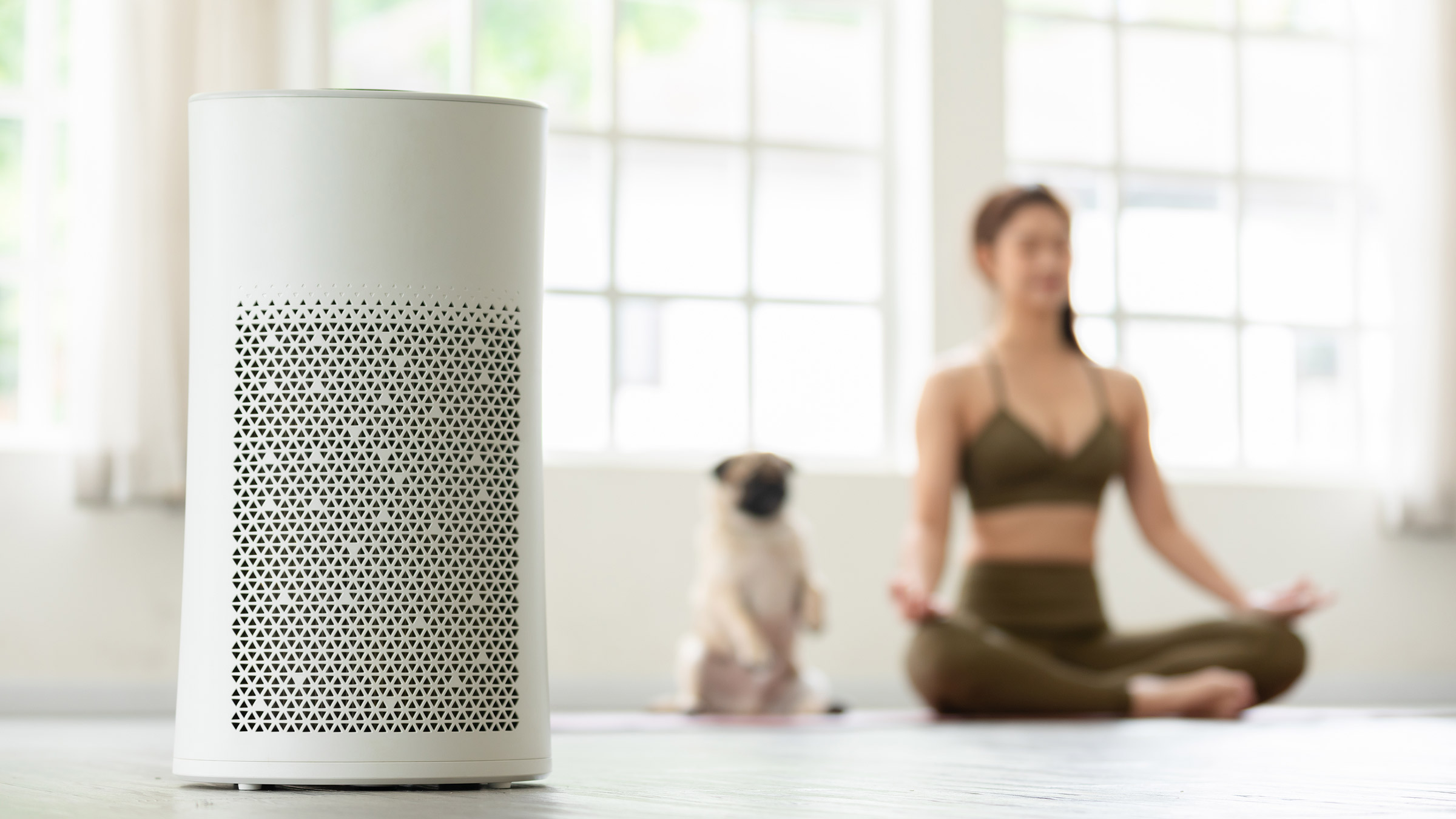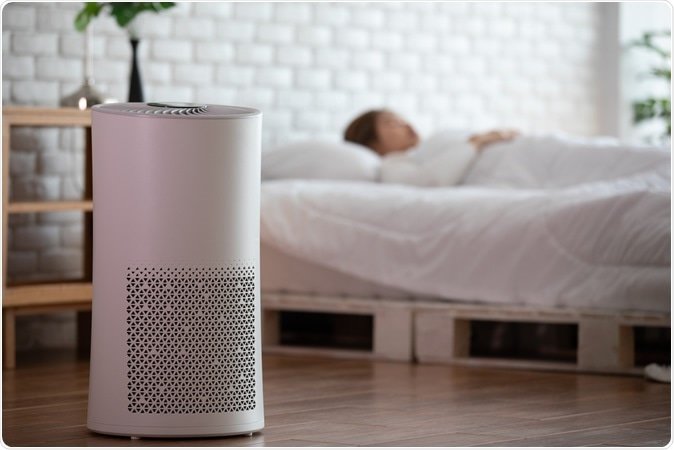
In recent years, air purifiers have become increasingly popular among households looking to improve indoor air quality. But for asthma patients, the question remains: are air purifiers safe and beneficial for managing their condition? In this article, we’ll explore the effectiveness and safety of air purifiers for asthma patients and provide insights to help you make an informed decision for your home.
The Benefits of Air Purifiers for Asthma Patients
Air purifiers are designed to remove airborne contaminants and allergens from indoor spaces, which can be particularly beneficial for asthma patients. Common asthma triggers such as dust mites, pollen, pet dander, and mold spores can be effectively captured and removed by air purifiers, reducing the potential for asthma attacks and improving overall respiratory health.
Furthermore, high-efficiency particulate air (HEPA) filters, commonly used in air purifiers, are proven to capture 99.97% of particles as small as 0.3 microns, making them highly effective at removing fine particulate matter that can exacerbate asthma symptoms.
Understanding Air Purifier Safety
1. Ozone Emissions
While many modern air purifiers are ozone-free, some older models or lesser-quality units may produce ozone as a byproduct, which can be harmful to individuals with respiratory conditions, including asthma. It’s crucial for asthma patients to select air purifiers certified as ozone-free to ensure safety.
2. Maintenance And Cleaning
Regular maintenance and cleaning of air purifiers are essential to ensure optimal performance and prevent the accumulation of mold or bacteria within the unit. Following manufacturer recommendations for filter replacement and maintenance can contribute to a safe and effective air purifier operation for asthma patients.

Credit: www.goodrx.com
Choosing the Right Air Purifier for Asthma
When selecting an air purifier for asthma management, it’s essential to consider certain key features to ensure safety and effectiveness. Look for air purifiers equipped with HEPA filters, as they are capable of trapping microscopic particles that can trigger asthma symptoms.
Moreover, consider air purifiers with activated carbon filters, which can effectively capture and neutralize volatile organic compounds (VOCs) and odors, further enhancing indoor air quality for asthma patients.
Best Practices for Air Purifier Use
Optimizing the benefits of an air purifier for asthma patients involves strategic placement and proper usage. Position the air purifier in the most commonly occupied areas of the home to ensure maximum air filtration where it matters most. Additionally, running the air purifier continuously can maintain consistently clean air, benefiting asthma patients throughout the day and night.
Consultation with Healthcare Professionals
While air purifiers can offer significant benefits for asthma patients, it’s crucial for individuals to consult with their healthcare providers before implementing an air purifier into their asthma management plan. Healthcare professionals can provide personalized recommendations and guidelines based on the individual’s specific condition and medical history.

Credit: www.amazon.com
Frequently Asked Questions On Is An Air Purifier Safe For Asthma Patients?
Can Air Purifiers Help Reduce Asthma Symptoms?
Yes, air purifiers can filter out irritants like pollen and dust, minimizing asthma triggers.
Do Air Purifiers Eliminate Common Asthma Triggers?
By capturing allergens and pollutants, air purifiers can significantly reduce asthma triggers.
Is An Air Purifier Safe To Use Around Children With Asthma?
Yes, air purifiers are safe for children with asthma, as they help maintain clean indoor air quality.
How Often Should The Air Filters Be Changed In Air Purifiers?
Regularly changing air filters is crucial, typically every 3-6 months depending on usage.
Conclusion
For asthma patients, the use of a high-quality, well-maintained air purifier can contribute to a healthier indoor environment by reducing common asthma triggers and airborne contaminants. With a focus on safety, proper selection, and usage, air purifiers can be a valuable tool in managing asthma symptoms and enhancing overall respiratory well-being.
Are you considering an air purifier for asthma management? Share your thoughts and experiences in the comments below!
Rakib Sarwar is a Registered Pharmacist and a reputed health and wellness blogger. He has a great interest in Air purifiers.
